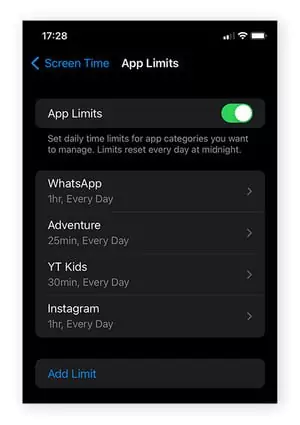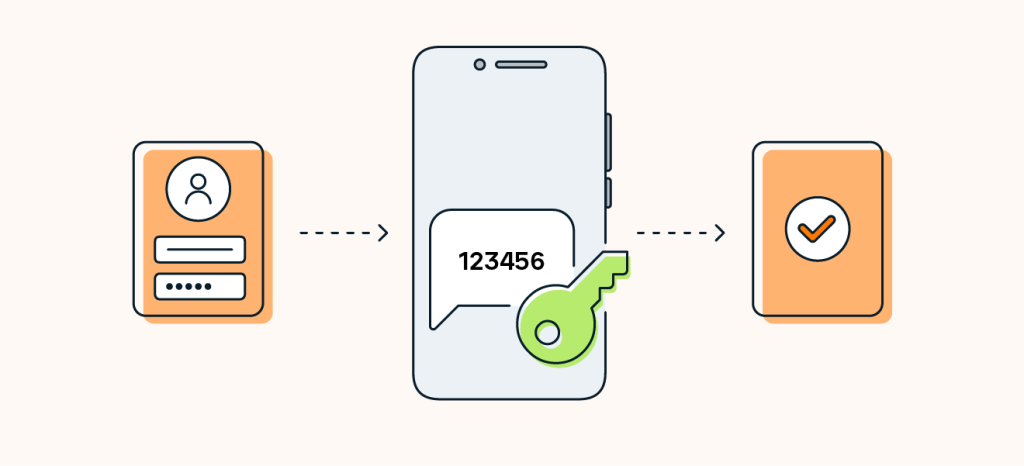The internet offers countless opportunities for learning and entertainment, but it also comes with risks, especially for young users. At AirGenie Broadband, we believe in fostering a safe online environment for families. Here are ten practical tips to ensure your child’s online safety:
1. Talk to Your Child
Open communication is the cornerstone of online safety. Discuss how your child uses the internet, their favorite apps, games, or websites, and potential risks. Educate them about topics like cyberbullying, scams, and the importance of maintaining privacy. Encourage them to approach you with concerns, ensuring they feel supported rather than judged.
2. Limit Screen Time
Excessive screen time can impact kids’ physical and mental well-being. Follow age-appropriate guidelines:

- Under 5 years: Max 1 hour daily.
- Ages 5 and above: Max 2 hours outside of schoolwork.
Use parental controls to enforce screen time limits and promote healthy tech habits.
3. Use Parental Controls
Parental controls are essential tools for online safety. They help block inappropriate content, manage screen time, and monitor online activities. Options include:
- Device-level settings like Screen Time for iOS or Android features.
- Child-safe browsers like KidRex or Kiddle.
- Network-level filtering via your router.
- Apps like Qustodio or Bark for real-time monitoring.
4. Monitor Their Activity
Keep the family computer in a shared space to observe your child’s browsing habits. Regularly check browser history or install monitoring tools to receive alerts about harmful content or suspicious behavior. Monitoring helps you stay informed and intervene early when necessary.
5. Review Apps and Websites
Before your child downloads apps or visits websites, check their safety using platforms like Common Sense Media. Choose age-appropriate options and avoid apps with questionable content.
6. Know Their Passwords
For younger kids, keep a record of their passwords to oversee their accounts. Teach them to create strong passwords, enable two-factor authentication (2FA), and use a password manager for added security. As they grow older, prioritize trust and transparency over direct monitoring.

7. Stay Connected Online
Create your own accounts on platforms your child uses, such as Instagram or TikTok, and stay connected as their “friend.” This allows you to supervise their activities while maintaining a presence in their digital world.
8. Regularly Review Privacy Settings
Ensure your child’s social media accounts are private and that they understand the dangers of oversharing. Teach them about risks like cybercrime and how to avoid revealing sensitive information like their location or address.
9. Be a Good Role Model
Children often mimic their parents’ online behavior. Show them how to use technology responsibly by limiting your own screen time, practicing good online etiquette, and being mindful of what you share.
10. Protect Your Network
A secure internet connection safeguards the entire family. Use tools like antivirus software, firewalls, and phishing protection to block unsafe websites and keep your home network secure.
Keeping kids safe online requires a combination of education, tools, and proactive communication. At AirGenie Broadband, we’re committed to empowering families to enjoy a safer digital experience. For more tips and high-speed internet solutions, visit www.airgenie.co.in.






